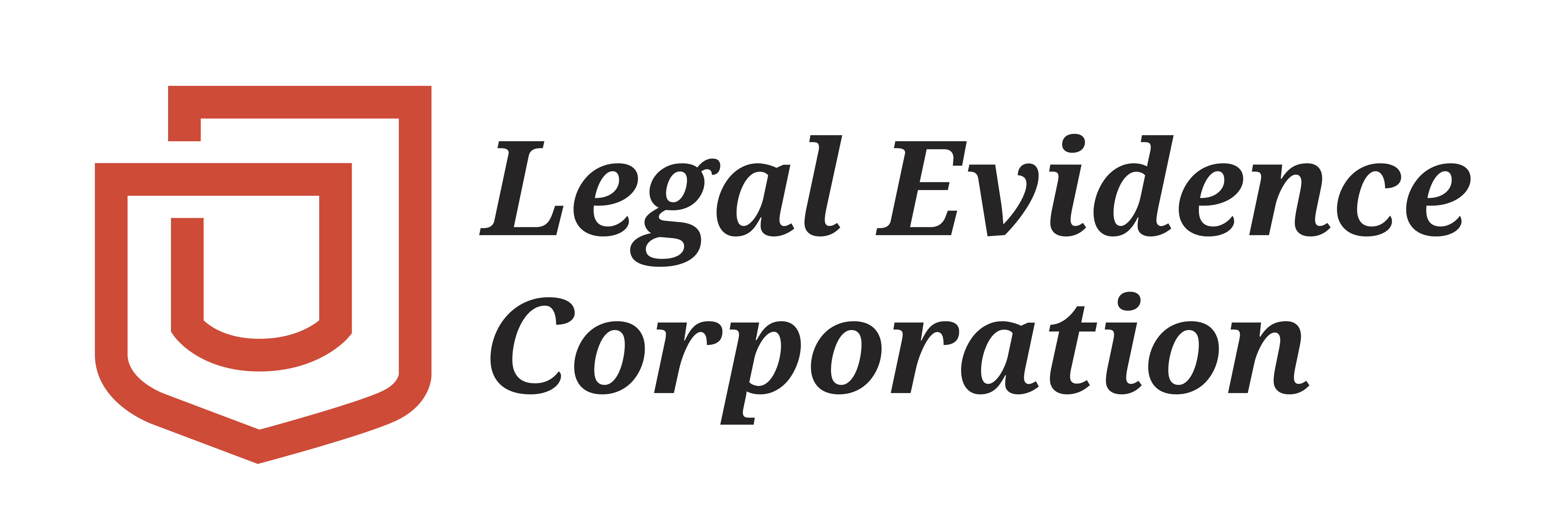In previous posts I touched on the unsettling reality that involving Internet defamation can have a devastating impact on a Company and individual’s reputation.The harmful effects to a business and reputation are only compounded when Company’s allow the defamatory content to fester and remain in online space, risking that possibility that each day a new volume of online users will come across it. Online users that come across the defamatory content will undeniably form an unflattering opinion about that company. To backtrack for informational purposes, defamation is defined as the act of making untrue statements about another which damages his/her reputation. If the defamatory statement is printed or broadcast over the media it is libel and, if only oral, it is slander. Internet defamation would fall under the libel category.
There may be additional requirements varying from state to state, but generally, whether you are the victim of internet defamation or being wrongfully accused of internet defamation, you need to understand the law. In order for a comment, post or article to constitute internet libel, the following elements must typically be met:
The first thing you must prove is that the statement constitutes a false statement of fact. A fact is different than an opinion. A fact can be proven true or false. Opinions are typically not actionable as defamation.
The false statement of fact must harm your reputation. There are many false statements posted across the internet. In order to constitute libel, a statement must not only be false but must harm you or your company’s reputation and cause harm.
The false statement of fact causing harm must be made without adequate due diligence or research into the truthfulness of the statement. Alternatively, plaintiffs often attempt to prove that the false statement of fact was made with full knowledge of its falsity.
If the person who is the subject of the false statement of fact is a celebrity or public official, the plaintiff must also prove “malice.” Malice is proven when the person posting the information on the internet intended to do harm or acted with reckless disregard of the truth in making the statements.
Although the importance of attacking internet defamation head on cannot be understated, there are several factors to consider that could potentially hinder an internet defamation claim. Firstly, once defamatory content has been published online, there is always the likelihood that it can have reverberating effects that are virtually impossible to undo. This is the notion that once something has been posted online, some trace of it will always remain online. Secondly, The Communications Decency Act is a federal law that protects a website operation from any claim of defamation for information posted on an interactive site by a third party. This means that the operator of the website cannot be held liable for comments posted on the site by some third party.
Despite these apparent hurdles, victims of internet defamation should be undeterred and relentless in fighting for their business name and individual reputations.
How to Approach Internet Defamation
Attacking internet defamation involves employing several strategies. First and foremost, quick and efficient action to restore one’s reputation must be undertaken. If internet libel can put a company out of business or adversely affect the reputation of an individual associated with that business, than every minute and every second is crucial. Ultimately, by not doing anything, there is an implicit admission of the acknowledgement of the truth of the content published online.
Therefore, as a starting point, the initial inquiry is placed on identifying the defaming perpetrator. This may pose hurdles such as if that person’s identity is anonymous and the potential for the IP address associated with that person to vanquish in virtual thin air before any action can be taken.
Legal Evidence Corporation has experience and a network of attorneys around the country that are able to circumvent many of the issues surrounding a successful internet defamation claim. Future posts will delve into specific strategies needed to combat internet defamation with the goal of not only preserving a business which can always come and go, but an individual’s reputation which can be everlasting.




